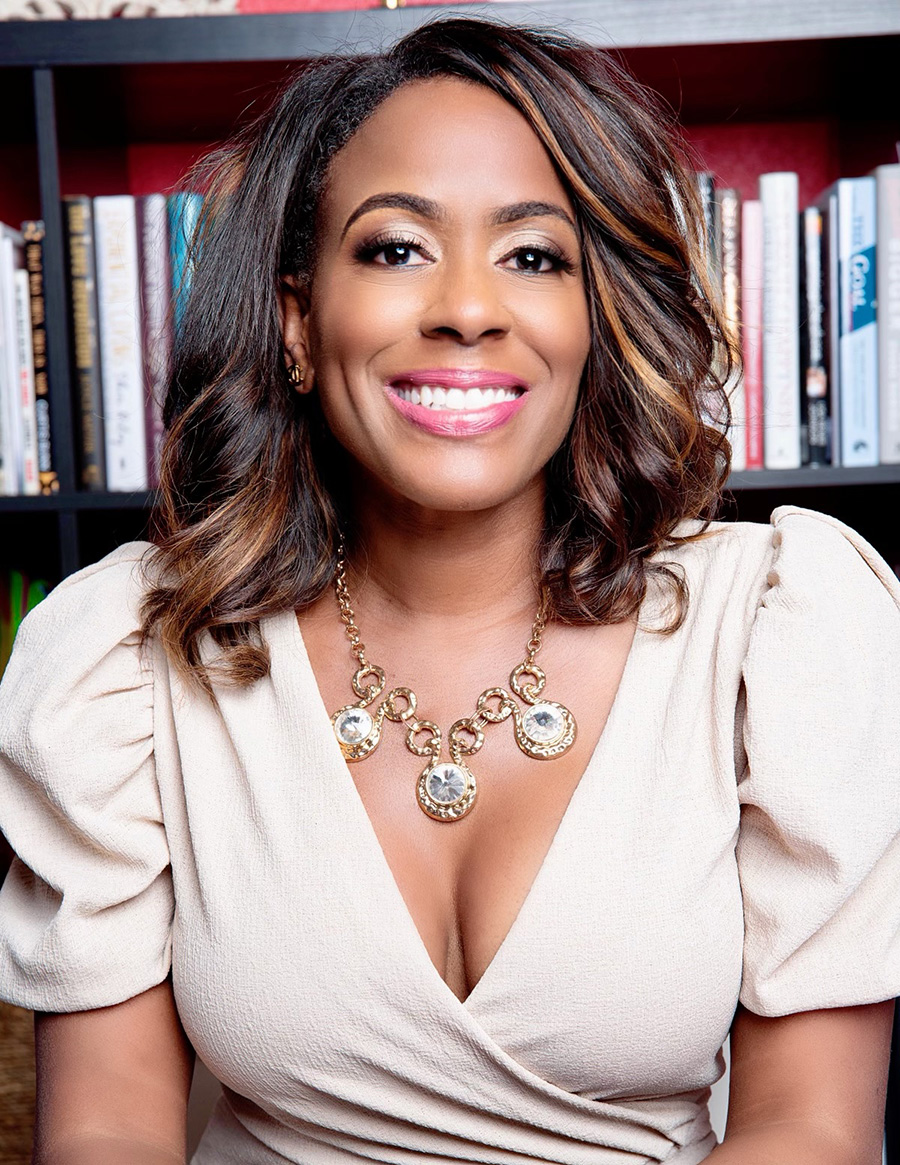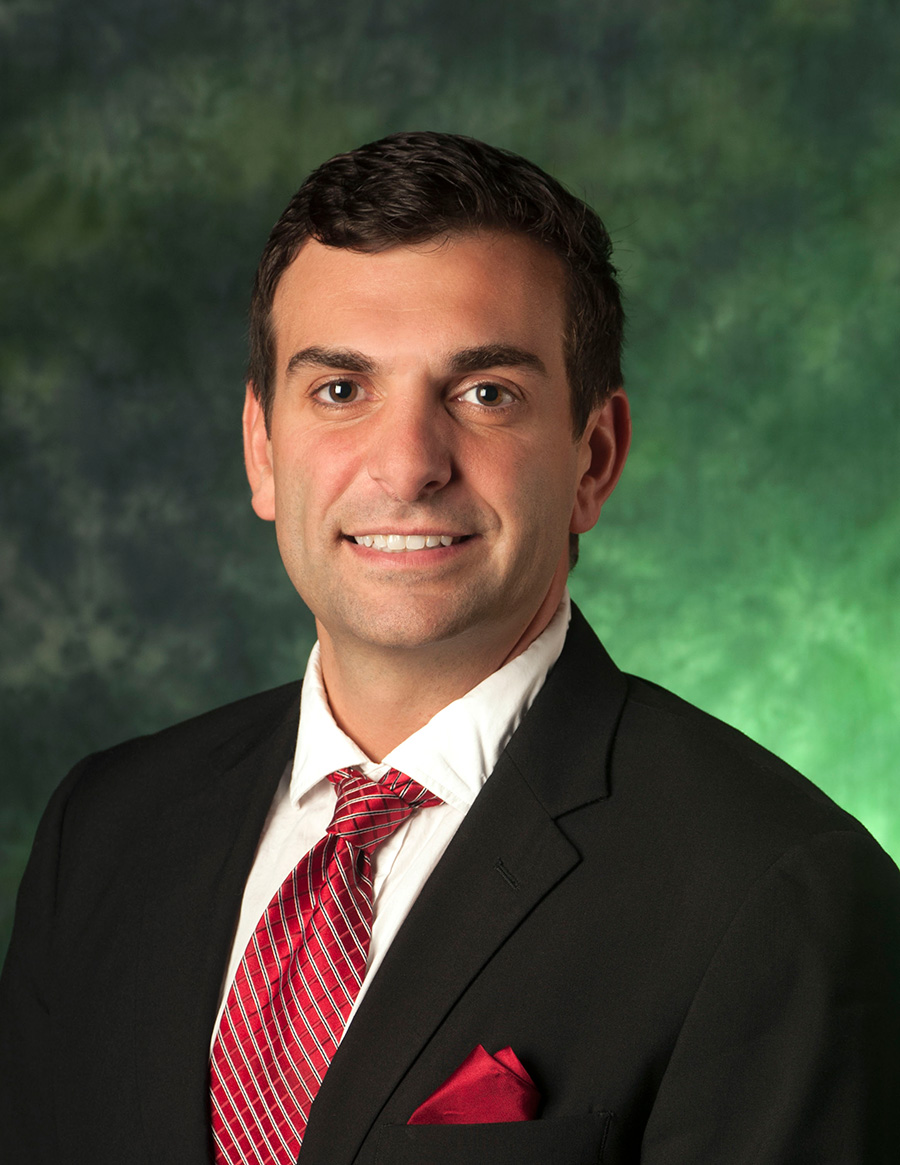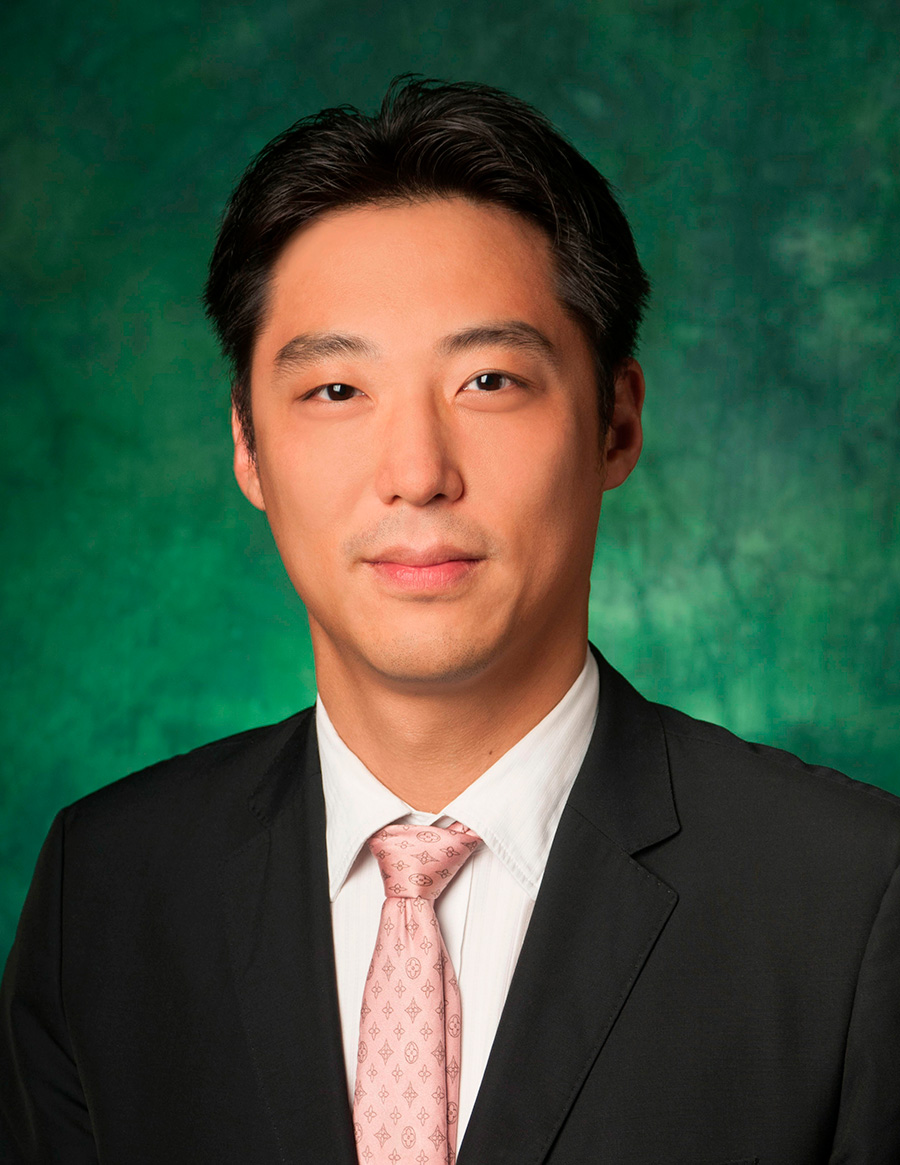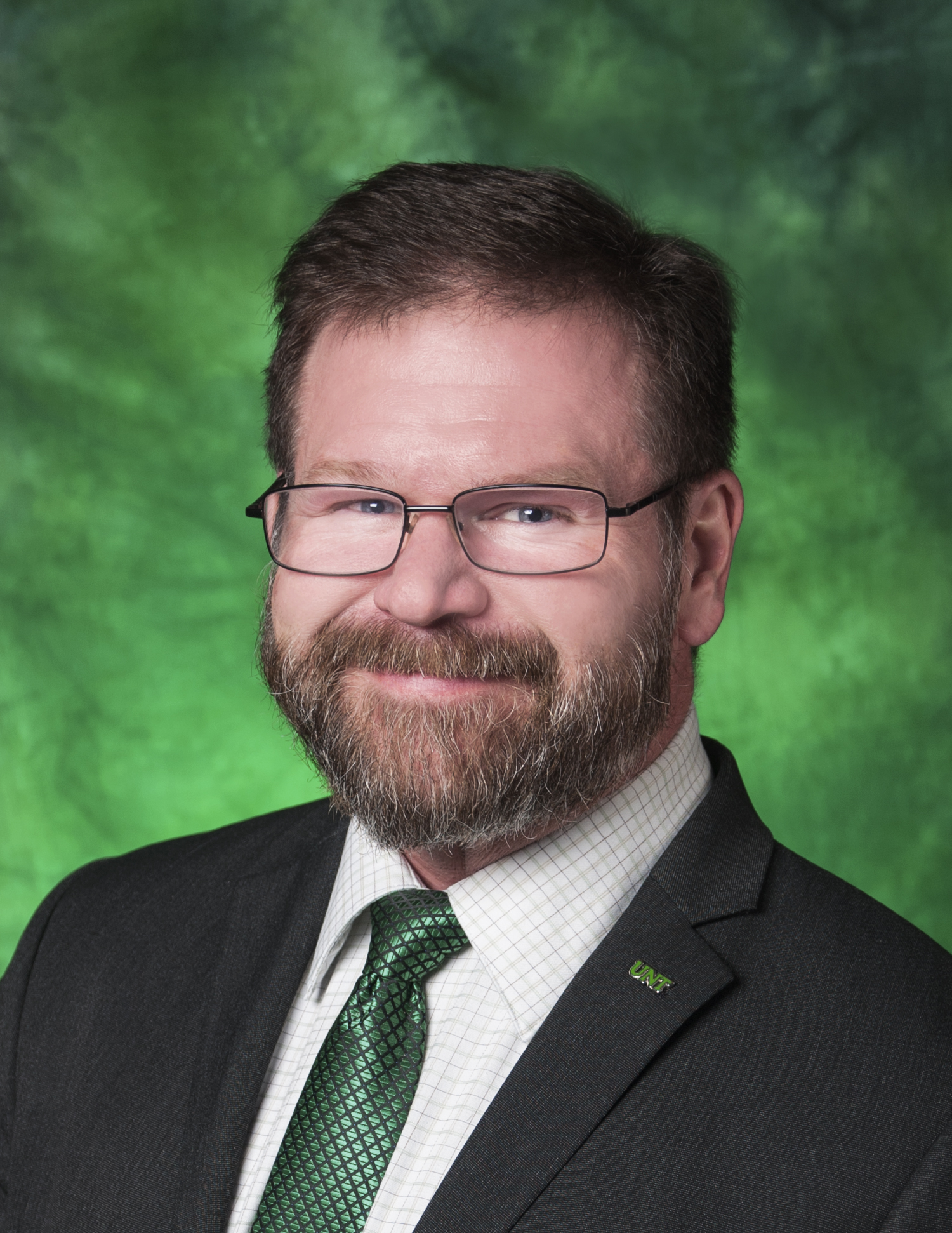October 4, 2024

Angela Ransome-Jones (’91) is a graduate of the Mayborn School of Journalism and author
of “Path to Peace.”
When Angie Ransome-Jones' ('91) father died suddenly in 2013, she not only had to deal with the emotional fallout, but also take care of his business affairs.
"A lot of people are under the misconception that when you lose someone, you lay them to rest and then you move on with your life, and that's definitely not the case," she says. The situation inspired the Mayborn School of Journalism graduate to write the book Path to Peace: A Guide to Managing Life After Losing a Loved One.
- Have tough conversations with your family members about their desires. After a death, loved ones shouldn't have to scramble to handle issues with assets and other business aspects, in the midst of their grieving.
- Create a 'control book' with a copy of a will that is updated every few years, life insurance plans and information about bank accounts and bills. Keep a list so survivors know who to contact and other tasks. Jones' book includes her funeral plans, contact information for her friends and possessions she wants left to them.
- Be kind to yourself. Jones went to therapy, but realized she missed her parents, who are both deceased, on Mother's and Father's Day. Now Jones often goes shopping and travels on Mother's Day -- her mom's favorite activities.
"I had to change my mindset," Jones says. "Instead of me being depressed, I thought about what my mom would want."
-- Jessica DeLeón
How to Start a Side Hustle

Christopher Penney
Christopher Penney is no stranger to side hustles. Having grown up with his father's dental practice located in the back of his childhood home, he was quite literally raised to think about business.
"Over the years I worked in restaurants, retail and amusement parks before I found my way to academia," says Penney, program director of entrepreneurship and strategy in the G. Brint Ryan College of Business. "Side gigs are important because they can provide someone with the something 'extra' they need -- whether that's making more money, being in a place they love or feeling fulfillment from giving back to the community."
- Establish boundaries. When looking for a side gig, be realistic with how much time and energy the work can take.
- Choose a job based on your interests and skill set. People often choose flexible side hustles like DoorDash and Uber that they can log onto after their day job or college courses. If possible, list your residence on Airbnb or skills on Task Rabbit.
- Maintain your mental health. If the side gig becomes so stressful that it affects your day job or grades, be ready to walk away.
"It's so hard to juggle so many things, but you end up bringing a lot of skills from one job into others," Penney says.
-- Chelsey Gilbert
How to Plan a Great Trip

Harold Lee
From making an itinerary to finding an affordable place to stay, planning can take all the fun out of your vacation. Harold Lee, a clinical associate professor in the College of Merchandising, Hospitality and Tourism, offers tips for how to plan a great, affordable trip.
- Select a travel destination based on you or your group's preferences. "My family and I find kid-friendly destinations that have amenities or facilities that the kids will like," Lee says. "When traveling alone, choose a place with things you like to do. For example, when traveling solo, I choose somewhere with lots of hiking trails."
- Take advantage of travel rewards and promotions. "Certain credit cards give you travel rewards you can use on airfare, hotels or different travel amenities. For example, you can get credits to use for more Uber rides or airport lounges from some platinum cards," Lee says.
- Visit the local travel agency center's website, the hotel's concierge and Google. "I also recommend ChatGPT to help you," Lee says. "It is limited because it only shows popular places, but it's a great place to start when you create an effective travel itinerary."
- Keep important dates and holidays in mind while setting the date. "During holiday and peak seasons, popular travel destinations are overcrowded, causing the prices of everything to increase," Lee says.
– Tiarra Drisker
How to Have a Productive Conversation

Brian Lain
As a professor of communication studies and director of UNT Debate, Brian Lain knows a thing or two about getting his point across. But everyday debates and disagreements -- the ones we have with family, friends or colleagues -- require a special skill set.
"Miscommunication happens when people have different perceptions of what a conversation should be. Unproductive conversations don't meet our needs or goals as people," Lain says. "A productive conversation requires a free exchange of ideas, allowing everyone to walk away feeling understood."
- Remember: It's a dialogue. A conversation involves at least two people; it's more than lecturing an audience. Productive conversations require a willingness for a true back-and-forth exchange.
- Be ready to listen. "Many new debaters focus so closely on their own talking points, they forget to listen to the other side," Lain says. "Everyday conversations require listening, too. You need to really hear people to react and respond."
- Stay open to new ideas. While debaters are duty-bound to advocate for a cause, productive conversations lead to shared understanding. "If you're open to ideas, you can compromise, which is sometimes crucial to a conversation where someone is hurt or frustrated and needs that recognized," Lain says.
The more productive our conversations are, the more likely we are to feel connected and lead peaceful lives. After all, what would life without open dialogue look like?
"Through history, civilizations were often measured by the evolution of their languages -- how effectively people could get their ideas across," Lain says. "I don't think you can have civilization without productive conversation."
-- Bess Whitby